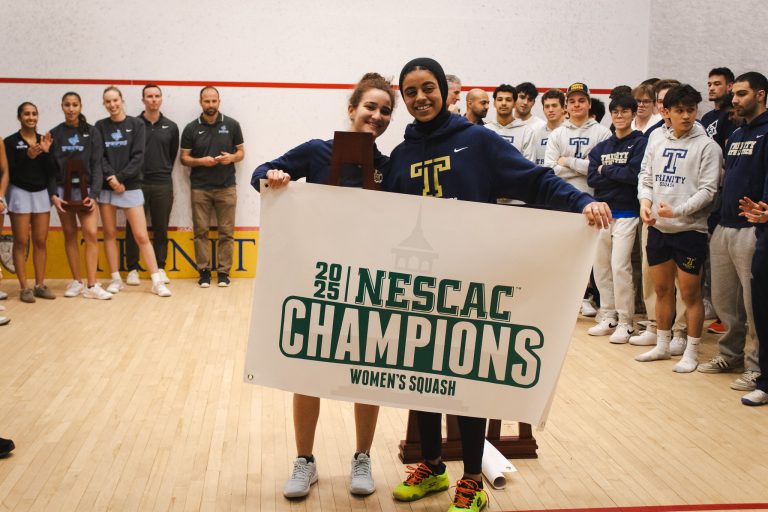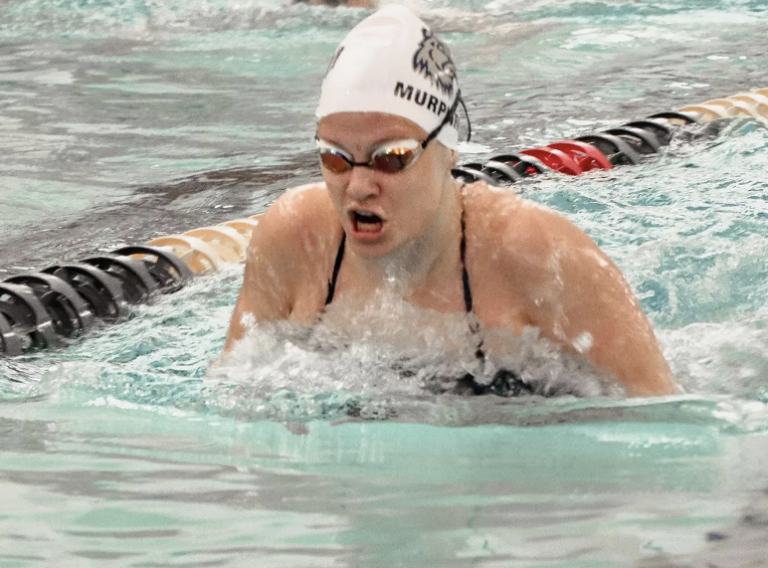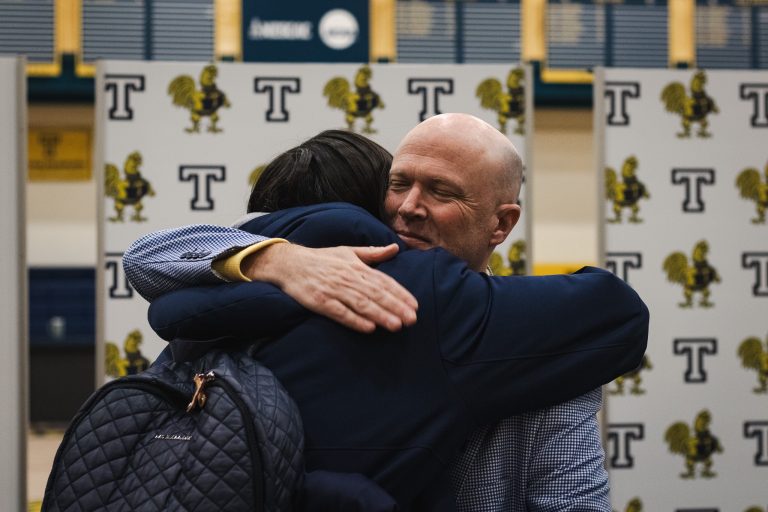PATRICK GRIMES ’23
SPORTS EDITOR
Last Saturday, Sept. 11, students in Madison, Wisconsin returned to Camp Randall Stadium in the tens of thousands. The university’s trademark rally tune “Jump Around” blared and close to 80,000 took House of Pain’s advice. The normalcy that college students and sports fans alike have been yearning for is returning to stadiums all over the country this fall. The 2020 CFB season was played with empty seats, and fans watched from their couches. In 2021, however, tailgate lots, college towns, and stadiums are buzzing with excited fans and students once again.
These scintillating sporting environments are coming back to life in the face of the increasingly worrying Delta Variant of the COVID-19 virus. Many of the country’s largest football programs, such as the University of Georgia, University of Alabama, and The Ohio State University, are not requiring negative test results nor vaccinations for entry into their mask-less stadiums.
Some have expressed concern about college as well as professional football stadiums being a catalyst for Delta Variant transmission this fall. Epidemiologist Ryan Demmer of the University of Minnesota School of Public Health commented that “any sort of large event like at a football stadium, without question there will be many infected people there.” The open-air construction of most college football stadiums helps curb some anxieties. Nevertheless, the virus could easily be spread between mask-less fans sitting next to each other for hours. Regardless, schools around the United States are carrying on their college football traditions that unite students on campus and communities of alumni and fans state and nationwide.
College football is as close to essential as a live sport can get in America. In 2021, fans return to stadiums to support their favorite teams but also to support so much more. College towns such as Tuscaloosa, Alabama are almost entirely dependent on the university’s football team for their economic health. In 2020, students and fans were not making their weekly pilgrimage to the tailgate lots and stadiums. What many fail to realize is the effect on the businesses outside the university gates when their team’s fans stay home. Bars, restaurants, and shops were not receiving their usual traffic nor hiring their usual crews. As stadiums were left empty, business owners were left to struggle, and employees left underpaid or unemployed. Not only were these college communities affected financially, but culturally. Students were not enrolling, campuses were quiet, and many found it difficult to make meaningful connections in a usually budding social scene. The FDA’s recent full approval of the Pfizer COVID-19 vaccine is an encouraging sign that college communities nationwide may start to be safer places to enjoy the wild ride that is college football.





+ There are no comments
Add yours